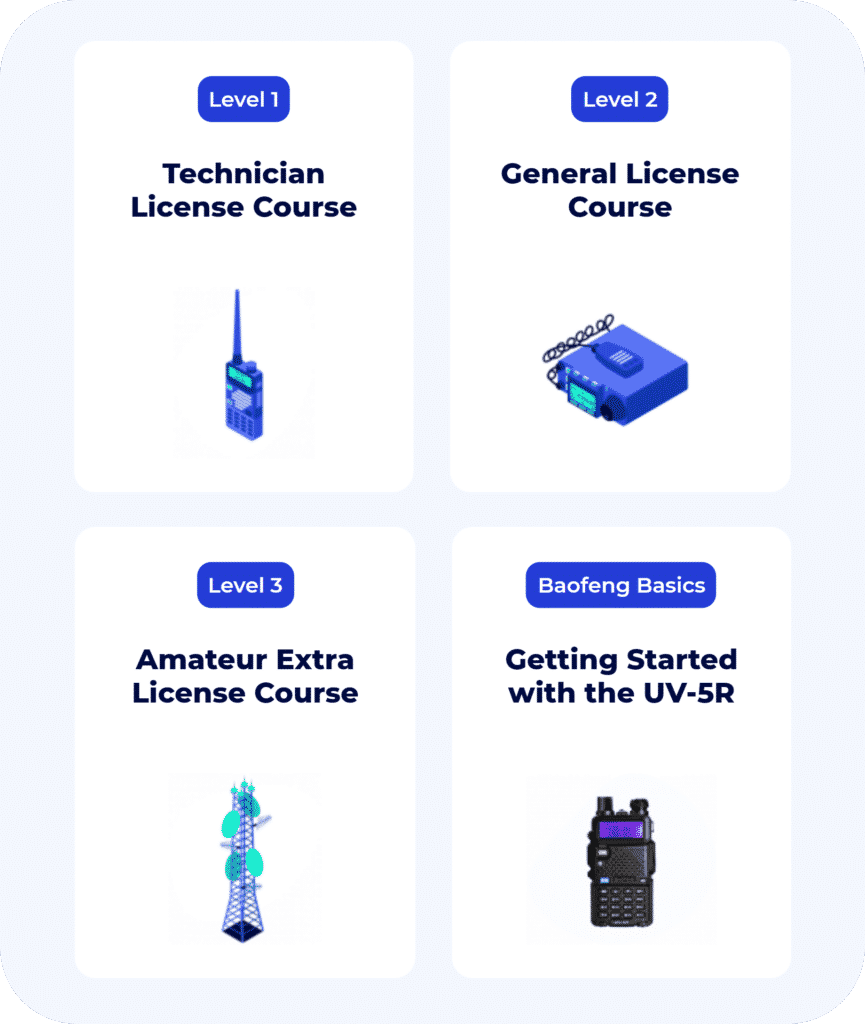Intro to Amateur Extra Quiz
What is the minimum passing score on all amateur operator license examinations?
The VEC’s have determined that you must answer 26 of 35 questions correctly to pass the Technician and General Class examinations and 37 of 50 to pass the Amateur Extra exam to be considered proficient for that license level. Both 26/35 and 37/50 equal 74%.
Within what distance must an amateur station protect an FCC monitoring facility from harmful interference?
The FCC has 14 monitoring stations around the U.S. used to check compliance by operators in all services, like TV, satellite, CB, and amateur radio. Interference would hinder their ability to perform those activities. The FCC has determined that a 1 mile range is the necessary distance to protect those facilities.
What is the National Radio Quiet Zone?
The National Radio Astronomy Observatory in West Virginia uses highly sensitive equipment. The area in about a 100 mile radius is protected to allow the Observatory to work without interference and is called the National Radio Quiet Zone. Lower power levels, special antennas, use restrictions and shielding apply to all types of radio such as airplanes, WiFi and even microwave ovens.
If an amateur station is stalled aboard a ship or aircraft, what condition must be met before the station is operated?
You can not operate your station without the permission of the pilot in charge of the plane or the master of the ship. They have special responsibilities for the safety of their craft. Using amateur radio could cause unwanted interference with ship or plane functions.
What is meant by IARP?
IARP stands for “International Amateur Radio Permit” which is a sort of passport for using your US amateur radio license to operate in some Central and South American countries. You should pre-apply for this document at least 30 days before travel.




